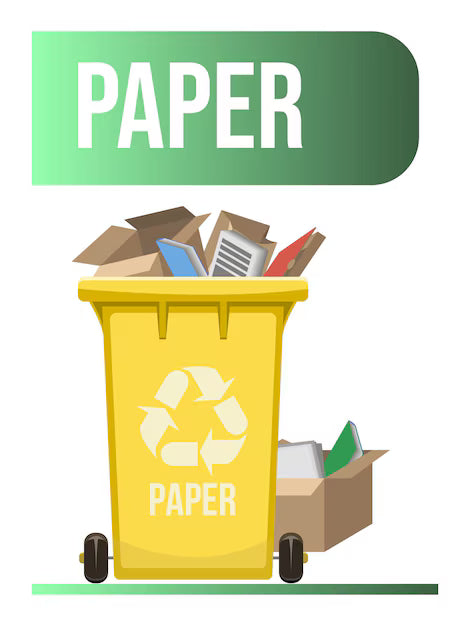Waste paper recycling is a crucial aspect of sustainable development, as it helps reduce the environmental impact of paper production and the amount of waste going to landfills. The recycling of waste paper has become an important industry worldwide, with many governments implementing policies and regulations to promote its use.
In this article, we will discuss the role of governments and policies in waste paper recycling, with a focus on the use of recycled paper.
Government Regulations and Incentives
Governments around the world are implementing regulations and incentives to encourage the use of recycled paper products and waste paper recycling.
For example, some countries offer tax incentives to companies that use recycled materials in their products, while others require certain levels of recycled content in paper products to be met. These regulations and incentives help promote the use of recycled paper products, which in turn helps reduce the demand for virgin pulp and conserves natural resources.
Extended Producer Responsibility (EPR)
Extended Producer Responsibility (EPR) is a policy approach that places the responsibility of waste management on the producers of products. This means that producers are responsible for the collection, transportation, and recycling of their products, including waste paper.
This policy approach helps create a more sustainable system of waste management and reduces the burden on local governments to manage waste. EPR policies can also help incentivize producers to use more recycled content in their products, including paper.
Green Procurement Policies
Many governments have implemented green procurement policies, which require government agencies to purchase products that are environmentally friendly and sustainable.
This includes the use of recycled paper products in government offices and operations. By implementing these policies, governments can set an example for other organisations and promote the use of recycled paper products.
Education and Awareness Campaigns
Governments can also play a role in promoting waste paper recycling through education and awareness campaigns. By raising awareness about the importance of recycling waste paper and the benefits of using recycled paper products, governments can encourage individuals and organisations to participate in the recycling process.
Education and awareness campaigns can also help reduce contamination of waste paper, which can improve the quality of recycled paper products.
Research and Development
Governments can invest in research and development to find new and innovative ways to recycle waste paper and improve the quality of recycled paper products. This can include developing new technologies for de-inking and pulping waste paper, as well as finding alternative fibres that can be used in paper production. By investing in research and development, governments can help create a more sustainable future for the paper industry.
International Agreements
International agreements can also play a role in promoting waste paper recycling and the use of recycled paper products.
For example, the United Nations Sustainable Development Goals include a target to ensure sustainable consumption and production patterns, which includes the use of recycled materials in the production of goods. International agreements can help create a global framework for promoting sustainable practices, including waste paper recycling.
Economic Benefits
Governments can also promote waste paper recycling by highlighting the economic benefits of using recycled paper products. By reducing the demand for virgin pulp, recycled paper products can help reduce the cost of paper production. Additionally, the recycling industry itself can create jobs and contribute to local economies.
The role of governments and policies in waste paper recycling is crucial to promoting sustainable development and reducing the environmental impact of paper production. It is important for governments to continue working together to create a more sustainable future for the paper industry and the environment as a whole.
Looking to contribute to sustainable development and practises? Choose rescript’s 100% recycled paper products for your everyday writing needs, and be a part of the solution.


